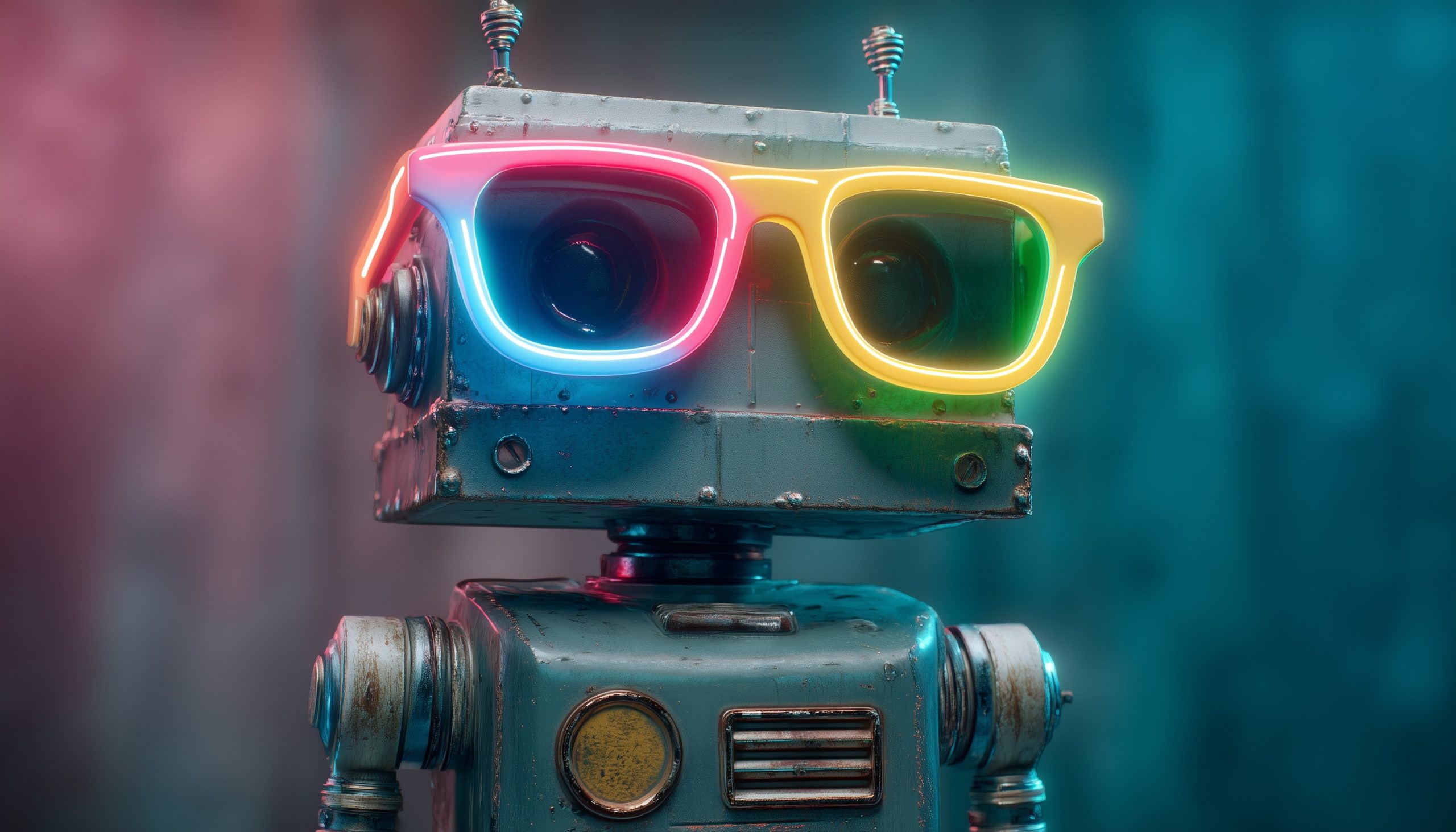By Futurist Thomas Frey
At a recent experimental concert in Tokyo, a singer took the stage — and within seconds, the crowd realized they weren’t just watching a performance. They were in it. Her voice began to harmonize with itself, not through recording or backup vocals, but through a real-time AI system trained on her tone and style. The algorithm didn’t just mimic her — it responded to the audience. When faces lit up with excitement, the tempo surged; when the crowd leaned in, it slowed, deepened, and turned emotional. The show evolved moment by moment, an intricate dance between human instinct, machine perception, and collective emotion. No two concerts were ever the same, because no two audiences ever are.
Meanwhile, in Berlin, visitors at an exhibit called Echoes of Thought found themselves arguing with Aristotle. Or at least, an AI that spoke like him. Step into the “room of philosophers,” and you can debate Nietzsche about free will or discuss love with an AI version of Simone de Beauvoir. The conversation changes with your tone, your patience, even your skepticism. It’s not a prerecorded script — it’s a living dialogue. For many, it feels less like an exhibit and more like a relationship. These experiences point to a radical new frontier of entertainment — one where audiences don’t just consume art, they co-create it. The stage is becoming sentient.
The Rise of Adaptive Performance
The traditional stage was a one-way street. AI turns it into a feedback loop. Emotion-detection algorithms, biometric data, and pattern analysis now allow performances to adapt in real time. Actors and musicians can sync with audience reactions, while lighting, pacing, and story arcs adjust automatically. Each show becomes a living, evolving organism — part script, part simulation, part improvisation. In this world, the script isn’t written — it’s grown.
The New Exploratorium
Imagine walking into a science museum where every exhibit talks back, remembers your preferences, and adjusts to your curiosity. One visitor explores quantum theory through song; another through simulations; another through story. This is the new Exploratorium for the mind — a fusion of entertainment, education, and self-discovery. It’s not about consuming knowledge; it’s about experiencing it. AI turns learning into performance and spectators into participants.
Festivals of the Future
At tomorrow’s festivals, AI will be the invisible conductor. Music, light, and art will morph in response to collective mood and movement. Entire city blocks could become reactive canvases — music changing as crowds move, murals shifting in sync with local social media trends, digital avatars walking among real people. The barrier between audience and environment dissolves. The city itself becomes a stage, and the crowd, the orchestra.
The Business of Infinite Experiences
For creators, this is nothing short of a business revolution. AI doesn’t just replicate — it multiplies. A single algorithm can generate infinite versions of a show, learning from every performance to make the next one better. Musicians can send digital twins on tour. Museums can refresh every exhibit overnight. Producers can license adaptive algorithms instead of scripts. Entertainment stops being a finite product and becomes a perpetual experience — alive, evolving, and self-improving.
Final Thoughts
This new creative frontier forces us to rethink art itself. Who owns a performance that changes with every viewer? Can you critique a play that never ends? If the audience helps shape the art, should they share in its royalties? And when every experience is personalized, what happens to shared cultural memory? The future of entertainment won’t just entertain — it will think back, talk back, and remember. As machines learn to perform, humanity must decide whether we’re content to remain the audience — or ready to become part of the cast.
Related: The Algorithmic Allocator: When AI Decides Who Gets Funded
Related: Stories That Read You: The End of Fixed Narratives


